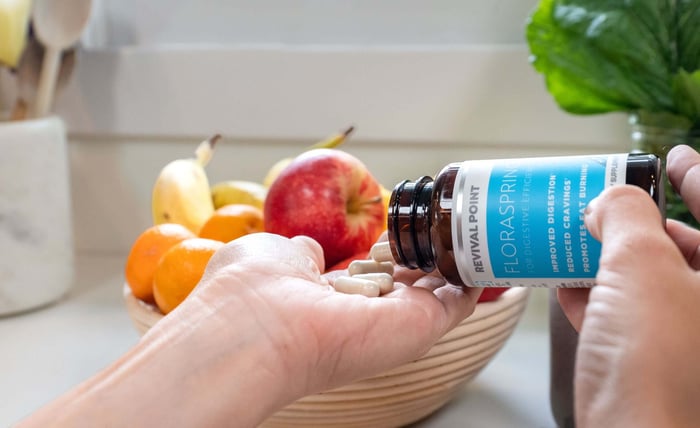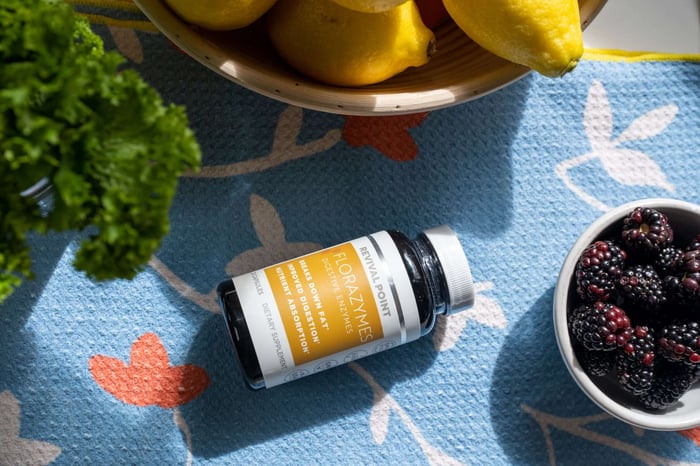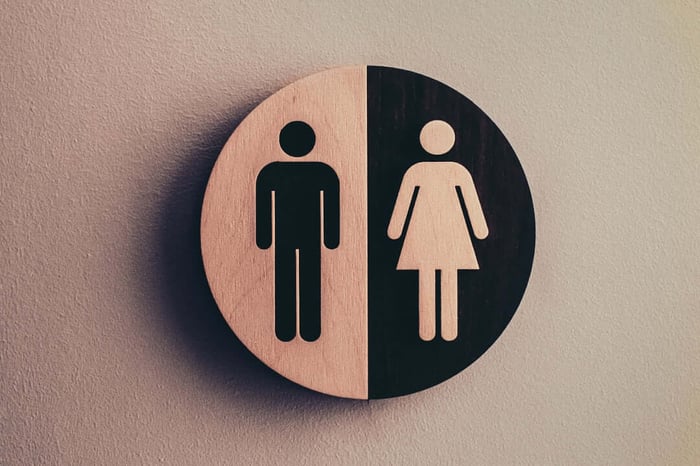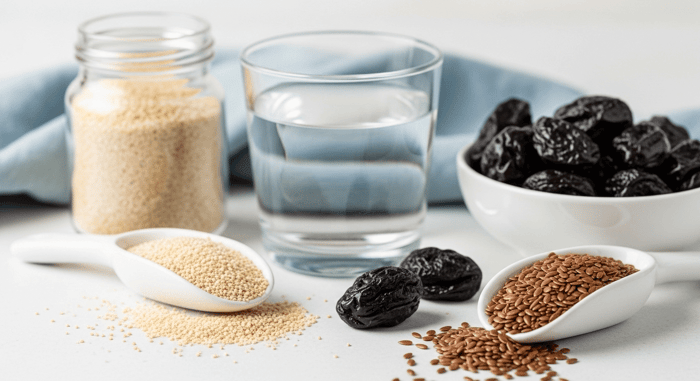Gut health is a combination of many different things. The food you eat, your immune function, your level of activity, what ou supplement with… and that’s just what you can control!
If you’re looking for ways to boost your digestive system, you must have come across the argument for digestive enzymes vs probiotics. Wondering which one is the right thing to take? We’re here to help.
The Difference Between Digestive Enzymes vs Probiotics
Digestive enzymes and probiotics are quite different things. Both can help to improve your digestive health, but they are entirely separate organisms. Here’s a quick rundown of all the ways in which they’re different to help you understand it better.
Nature
Digestive enzymes are thousands of non-living proteins found in the mouth, stomach, and small intestine. Probiotics are living organisms found in your gut and digestive tract.
You get a few different types of enzymes, all made for different functions. But probiotics are fairly singular and all serve the same purpose.
UNIQUE: "Digestive Enzyme Blend" Helps With Digestive Issues
Production
Enzymes are produced by the pancreas, but you can also find them in certain foods. Probiotics, however, are not produced by the body, so you need to get them through food and supplements.
Function
Both microorganisms are excellent for boosting your digestive health. But they perform fairly different functions, although they complement each other effectively.
Digestive enzymes break down the food you eat into easy-to-absorb nutrients. Remember we mentioned you get a few different types? Well, one breaks down carbs, one targets proteins, and another breaks up fats in your diet.
Probiotics help to balance your gut bacteria. You may consider them to be the soldiers of your gut, protecting you from bad bacteria by outnumbering or destroying them. Remember, your immune system health begins in your gut, so this is an essential function.
Which One Should You Take?
If you need to boost your gut health, you should be considering a supplement of some sort. Even if your immune system is a little down and you aren’t sure why, improving your gut health could be the key to boosting your immunity.
But which do you take: digestive enzymes vs probiotics? The answer lies in your own health. Follow the signs and trust your gut!
Signs You Need Digestive Enzymes

Enzyme deficiencies are surprisingly common. Even though they’re made in your own body, some conditions (like food intolerances, for example) can cause the body to produce too few enzymes, hampering your digestive process.
When your body isn’t producing enough enzymes, your ability to digest all the good nutrients in your food is reduced. You won’t be getting the energy you did before from your digested food, and you may experience a range of unpleasant stomach symptoms, including:
- Stomach cramps
- Bloating
- Constipation or diarrhea
- Excessive gassiness
- Oiliness in your stool
- Weight loss
- Lactose intolerance
- Unexplained fatigue
If an enzyme deficiency isn’t fixed, it can lead to worse health issues. However, it’s wise to get a doctor’s opinion before going onto a digestive enzyme supplement, as there could be a more serious reason for your deficiency.
Signs You Need Probiotics
An overgrowth of bad bacteria (or a reduction in good bacteria) can display similar symptoms to an enzyme deficiency. You may experience:
- Bloating
- Gassiness
- Diarrhea or constipation
But there are other telltale signs that can indicate a probiotic deficiency. If you have gastrointestinal issues but also suffer from these symptoms, chances are your probiotics are the problem.
- Allergies
- Skin irritation
- Sugar cravings
- Mood swings
- Weak immune system
- Yeast infections
There’s also a high chance of you needing probiotics if you’ve recently had food poisoning or taken an antibiotic.
Can I Take Both?
There’s plenty of evidence to suggest that taking a digestive enzyme supplement with a probiotic supplement is highly beneficial. Not just for digestion, either, but also for a variety of other health conditions!
Because these two organisms have quite different functions, they work well together. In fact, taking probiotics and digestive enzymes together could be the best way to do it.
Probiotics will protect your system from bad bacteria and create a balanced environment for digestion to take place. This will make the digestive enzymes’ job of breaking down food much easier. Your digestion process should be fast and easy.
Probiotics + digestive enzymes = the most effective, healthy, nutrient absorption process.
My #1 Pick: The BEST Digestive Enzyme Blend
Summary: The Digestive Enzymes vs Probiotics Debate
If you’re planning on transforming your gut health, you’re on the right track. Probiotics and digestive enzymes are the key to maintaining a good digestive system. But the fact is, most of us don’t get enough of them from our food anymore, which is why supplements exist.
It’s always a great idea to check with your doctor before starting on any dietary supplements. But because probiotics and digestive enzymes are all-natural, there’s very little risk associated with taking them as part of a healthy, balanced diet.
What if you have to choose just one? It can be tricky to figure out which one would be the most effective, but paying close attention to your symptoms can help you make the best choice. Many symptoms overlap, but there are a few that stand out.
Choose a Digestive Enzyme If:
- You develop lactose intolerance
- Your stools become oily or slimy
- Your energy levels deplete for no reason
Choose a Probiotic If:
- You’ve recently been on an antibiotic
- You’ve had food poisoning
- Sugar cravings pop up
- You’re suffering from allergies
- You have yeast infections
Brand New: The Best (Doctor-Recommended) Probiotic on the Market
If you can, though, we highly recommend a combination of the two. It’s a potent mix that will protect your digestive tract from mouth to stomach and help you to get the most out of the food you eat.
Try it and see for yourself!






